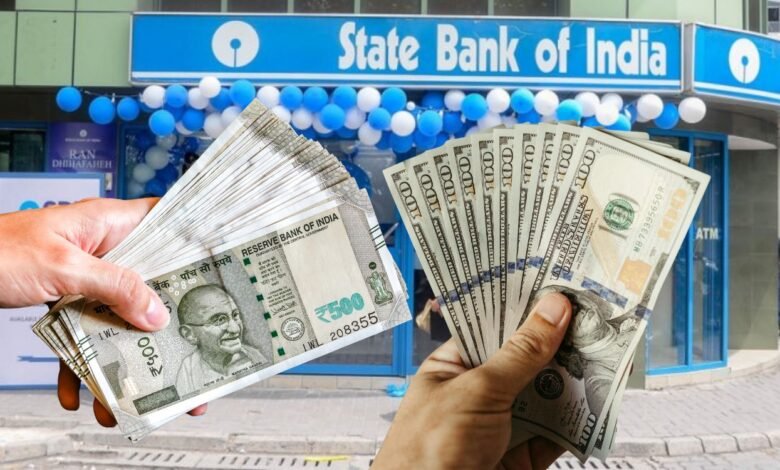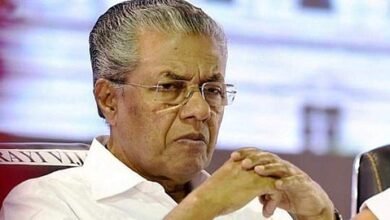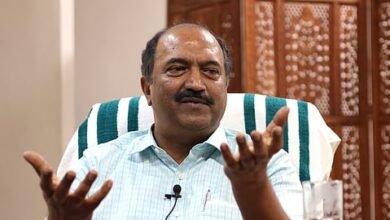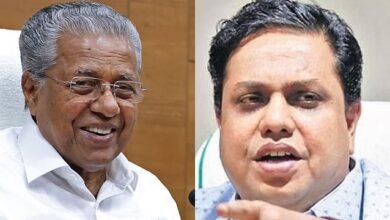
Indian Expats in Maldives Hit Hard as SBI Slashes Remittance Limit to $150
Thiruvananthapuram: Indian expatriates working in the Maldives are facing severe financial distress after the State Bank of India (SBI) drastically reduced the monthly limit for sending money home from $400 to just $150. The move has forced thousands of Indians to turn to costly private agents for urgent transfers, leading to significant financial losses and potential tax complications.
The expatriate community, comprising around 6,000 professionals including teachers, doctors, nurses, and technicians, largely depends on the SBI branch in Malé for financial transactions. According to them, the bank has progressively tightened its remittance policy over the years. What was once an unlimited transfer facility was first capped at $500 in 2014, later reduced to $400, and has now been slashed to the new low of $150.
Ajith Sivadasan, a school principal from Palakkad working in the Maldives, stated that repeated appeals to bank authorities have been futile. “We have also approached institutions like the Indian High Commission in the Maldives, but there has been no positive outcome,” he said. The bank has cited a shortage of US dollars and a directive from the Maldives Monetary Authority (MMA) as the reason for the stringent cap.
The financial impact on the expatriates is substantial. They are now forced into the black market to send amounts exceeding the $150 limit. For example, sending 10,000 Maldivian Rufiyaa through private agents results in a loss of over ₹12,000 due to crippling exchange rates. While the official bank rate offers approximately ₹5.8 for one Maldivian Rufiyaa, the black market rate is as low as ₹4.50.
On top of this, the bank already charges over $10 in various commissions for a single transaction. Expatriates argue that this drastic reduction in the transfer limit is pushing them into a corner, eroding the value of their hard-earned income. With local avenues exhausted, the community believes that only a direct intervention from the Indian Central Government can resolve the crisis.








